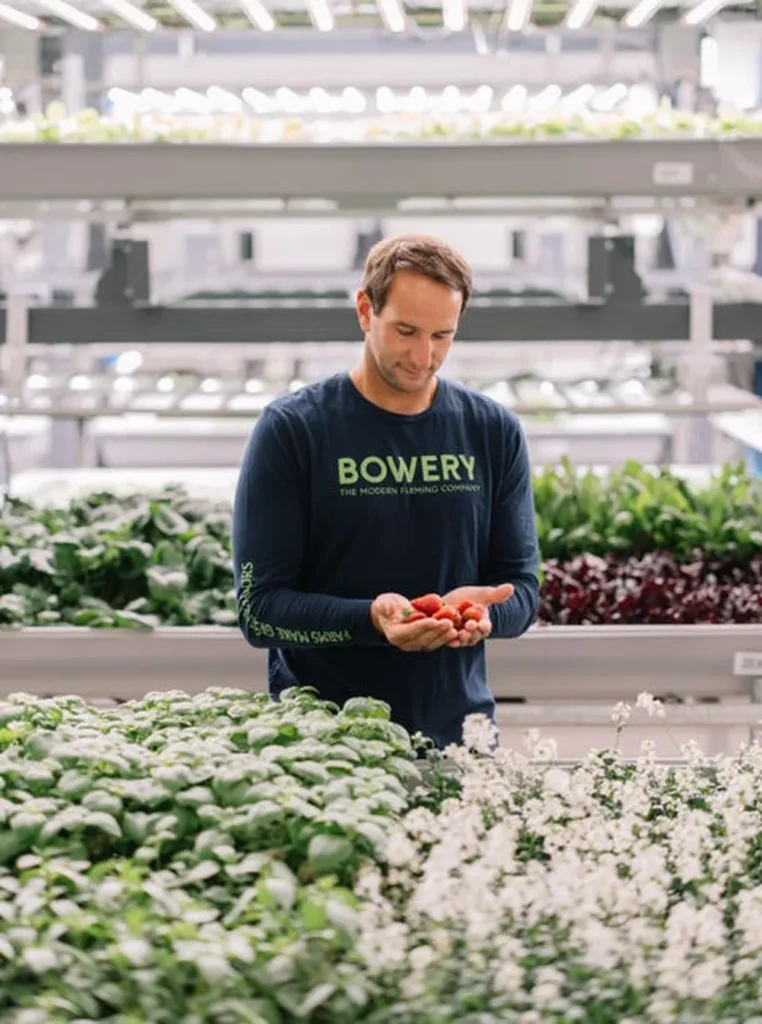In the rapidly evolving world of smart agriculture, a new study published in *Horticulturae* sheds light on the current state and future potential of IoT-enabled hydroponic systems. Led by Mino Sportelli of ISTI-CNR in Pisa, Italy, the research systematically reviews recent advancements in IoT-based management for hydroponics, revealing both promising opportunities and significant challenges that need to be addressed before these systems can achieve widespread commercial adoption.
Hydroponics, the practice of growing plants without soil, has long been touted for its efficiency and sustainability. When combined with IoT technologies, it offers even greater potential for precision agriculture, allowing growers to monitor and control environmental conditions with unprecedented accuracy. However, the study finds that despite these advantages, the current landscape is fragmented, with most solutions relying on custom-built setups and open-source microcontrollers.
“While there are many innovative prototypes out there, the lack of standardized protocols and interoperable platforms is a major hurdle,” Sportelli explains. “This fragmentation makes it difficult for these systems to scale and integrate into broader smart agriculture ecosystems.”
The research, which reviewed 74 recent studies, highlights that most IoT-enabled hydroponic systems focus on monitoring core parameters such as pH, electrical conductivity (EC), and temperature. While these are critical factors, the study suggests that the integration of machine learning (ML) could unlock even greater efficiencies. However, the use of ML in these systems is still in its early stages, with few systems demonstrating commercial readiness.
One of the key findings of the study is the need for more robust, scalable solutions that can move beyond isolated prototypes and into real-world applications. “The potential is enormous, but we need to see more collaboration between researchers, industry players, and technology providers to develop standardized, interoperable platforms,” Sportelli notes.
For the agriculture sector, the implications are significant. IoT-enabled hydroponics could revolutionize food production by enabling more efficient use of resources, reducing water consumption, and improving crop yields. However, for this potential to be realized, the industry must overcome the current challenges of scalability and interoperability.
The study published in *Horticulturae* by lead author Mino Sportelli of ISTI-CNR in Pisa, Italy, serves as a crucial step in this direction, providing a comprehensive overview of the current state of the field and outlining promising directions for future research and development. As the agriculture sector continues to embrace smart technologies, the insights from this research could shape the development of more efficient, sustainable, and scalable hydroponic systems, ultimately contributing to a more resilient and productive food system.

